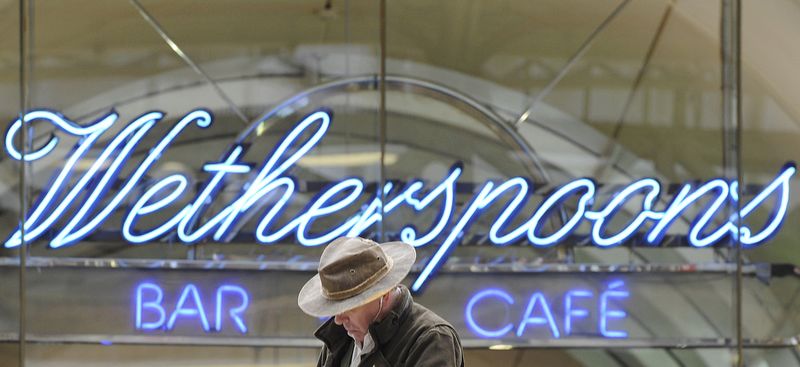By Geoffrey Smith
Investing.com -- Whisper it quietly, but the light at the end of the tunnel is getting brighter.
Data from across Europe show that the restrictions brought in to stop the second wave of Covid-19 swamping the continent’s hospital systems are having the desired effect. While that may not be enough to allow a full reopening of the economy any time soon, the flattening of curves for infections and hospital admissions is an unambiguously good sign that proves the virus is no longer out of control.
Google data suggest that the rate of new infections has fallen by over 80% in Ireland since it became the first country to reimpose extensive lockdown measures in the middle of October. There have also been sharp declines in infection rates in Spain, Belgium and the Netherlands, three other early actors, while the infection curve is clearly flattening in the U.K.
That good news is being lost in the alarm about rising death rates and hospital admissions across the continent, with France acknowledging that its intensive care units are now close to capacity, with over 93% of available beds occupied by Covid-19 patients. In Germany too, there are record numbers of patients in intensive care, although the more expansive resources of the national health system mean that the capacity issue is nowhere near as pressing.
The capacity of healthcare systems represents a crucial threshold: as soon as people are unable to access healthcare, death rates will spike, triggering a further deterioration in business and consumer confidence (the sharp fall in Germany’s ZEW index on Tuesday was a mild foretaste of that).
The Irish and Belgian experience suggests – fingers crossed – the second wave won’t rise above that threshold.
In the meantime, though, the population – and the hard-pressed hospitality industry in particular – will just have to sweat it out. British pub operator J D Wetherspoon (LON:JDW) became the latest to provide a gloomy update of trading conditions on Wednesday, saying like-for-like sales fell by 28% in the 15 weeks through last Sunday.
Wetherspoons’ 758 pubs in England and Ireland are all closed, while those that are still allowed to operate in Wales and Scotland are doing so under “onerous” conditions that is dampening trade badly.
But even this situation is far less acute, from a shareholder’s point of view, than it was in the spring. The company estimates it will burn a mere 14 million pounds this month, out of its 234 million pounds of available liquidity.
As with many others, Wetherspoons has already removed the worst tail risk from its outlook with a capital increase that raised 138 million pounds. Even if it misses out on the peak Christmas and New Year season, it should be able to hold on until the cavalry arrives in the form of widespread vaccination.
That much is reflected in the five-month high that the stock hit on the back of the Pfizer (NYSE:PFE) vaccine news on Monday. It’s still over 30% below where it was before the February panic, offering plenty of catch-up potential to those willing to wait for the final victory over the virus.
